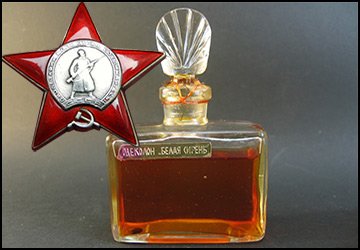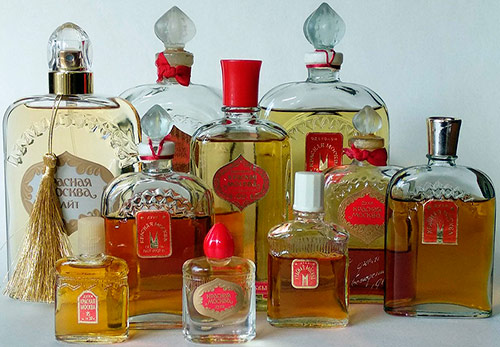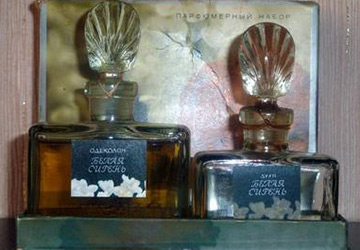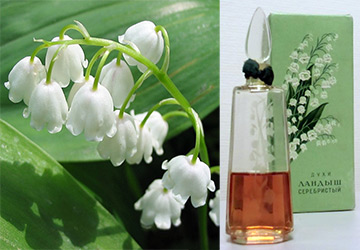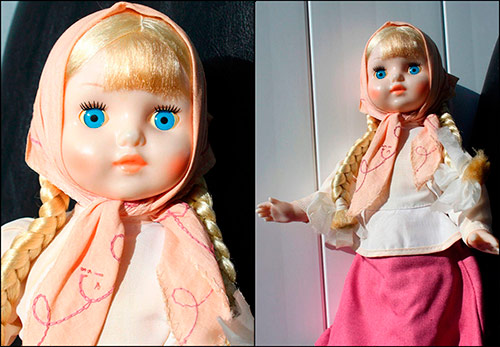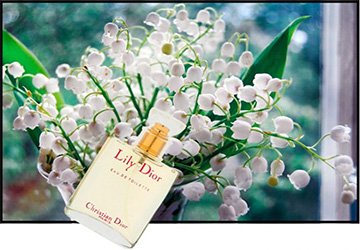Cosmetics and makeup
Powder and powder boxes of the times of the USSR
Some of the women of a serious age, no, no, and even remember about perfume "Red Moscow", "White lilac" or "Silver lily of the valley", and only because they once saw a box with these luxurious perfumes at their mother's place.
The first of them, as mystyle.decorexpro.com/en/ already wrote, did not have such a sad fate, although oblivion was also destined for them, and "lilac" and "lily of the valley" quickly passed into the category of cheap trial perfumes, because the planned economy of the Soviet Union subjugated all industries production, including perfumery. And all the planned indicators were bound to rise, and this reduced high quality to cheap consumer goods.
Remain only somewhere in museums, and maybe in some private collections those bottles, boxes and powder boxes that once delighted our grandmothers.
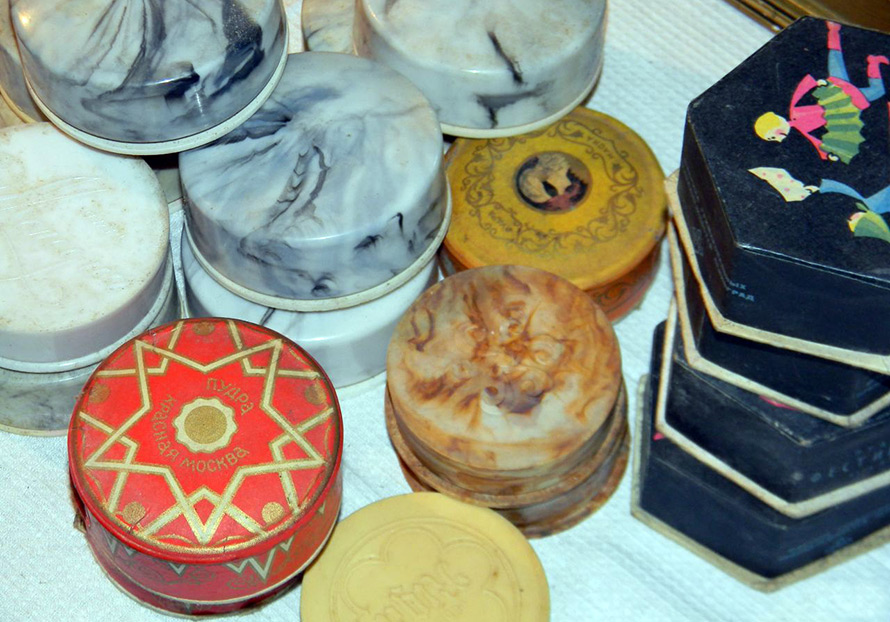
By the way, about powder boxes - what were they like in Soviet times?
Powder is indeed a centuries-old companion of seduction, they did not forget to powder the face and neck even when the fashion for bronze tan was established.
In the USSR, powder for many years had its own unchanged composition, which included: talc, zinc oxide, titanium dioxide, white clay, chalk and other mineral and plant substances. By the way, there was no question of allergies then. Rice was considered the best powder, since it was she who gave the desired matte shade.
Since 1958, the perfumery factories of the USSR began to produce, in addition to powdered powders, compact, then since 1960 - liquid tonal and cream powders. The latter were produced in five tones: white, rashel (yellowish), flesh, pink, peach.
Liquid powders were produced in glass bottles, similar to pharmaceutical ones, powdered powders - in cardboard boxes on which bouquets of flowers were painted, or a flower, from which the name of the powder was. Puffs for applying powder in boxes were not provided. But sometimes puffs were sold in cosmetics and perfume stores, and this could be considered a happiness if someone was lucky to get it. And those who were unlucky could buy "from hands", which they did, but not everyone, more often used cotton wool.
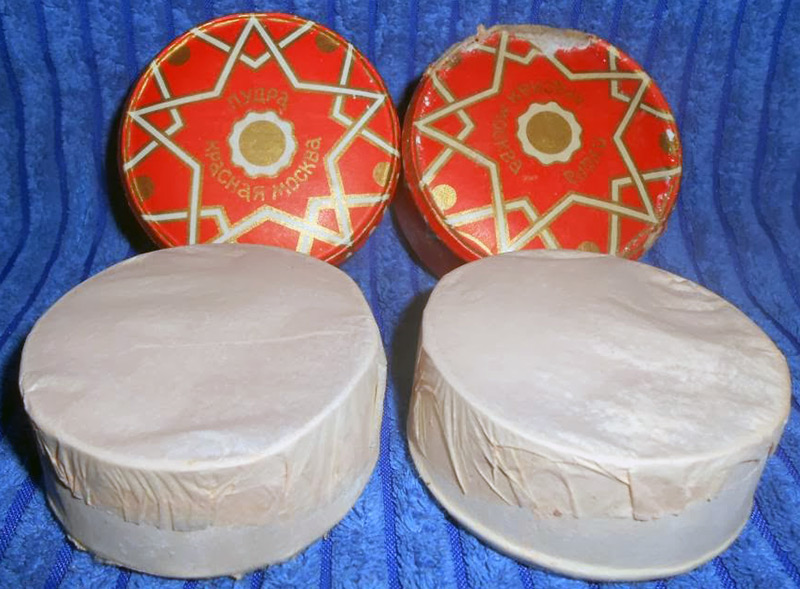
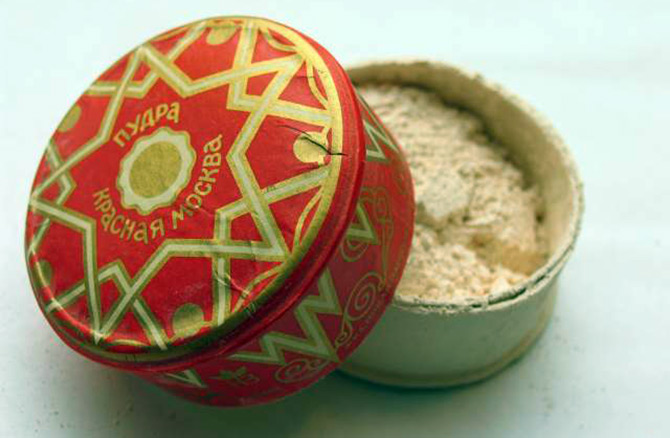
Powdered powders were classified by quality into three groups: A, B, C. Group A - the best, for example, "Red Moscow", "Ballet", group B - "Swan's Down", "Mask", group B - the cheapest, "Carmen", "Lily of the Valley".
There was no special production of powder boxes; occasionally they were made by some dry goods workshops. What were these compacts?
They were made "in silver" with images of "The Bronze Horseman", the emblem of the Moscow Art Theater - a seagull against the background of a curtain, the Moscow metro, with images of other sights of the USSR.
These boxes of powder were a bit reminiscent of a long-lost style, still preserved in the early 20s, when powder boxes were still being produced, and among them were products of the highest craftsmanship and style - silver and silver plated. But after the war, their production lost its former importance, the quality of workmanship decreased. Plastic samples appeared that were more convenient to use than heavy metal ones, but their appearance left much to be desired.
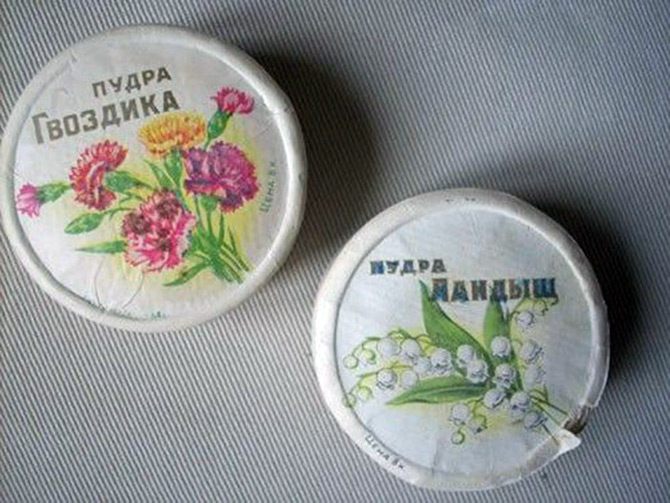
Compact powders remained in cardboard boxes for a long time, but without a puff. And even so, even without a puff, but the main thing is powder. It was during this time that women even more wanted to look their best. The war ended, many of their peers died - there were much more women than men, so each of them wanted to look younger ...
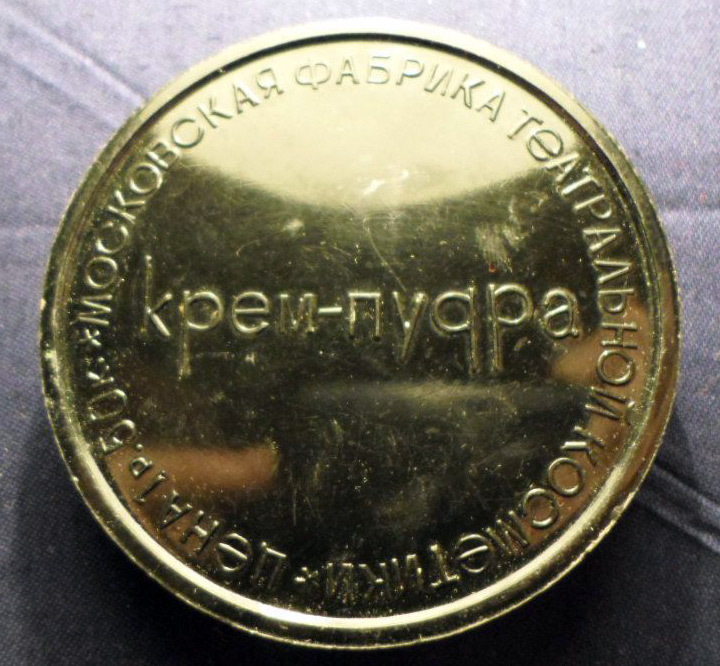
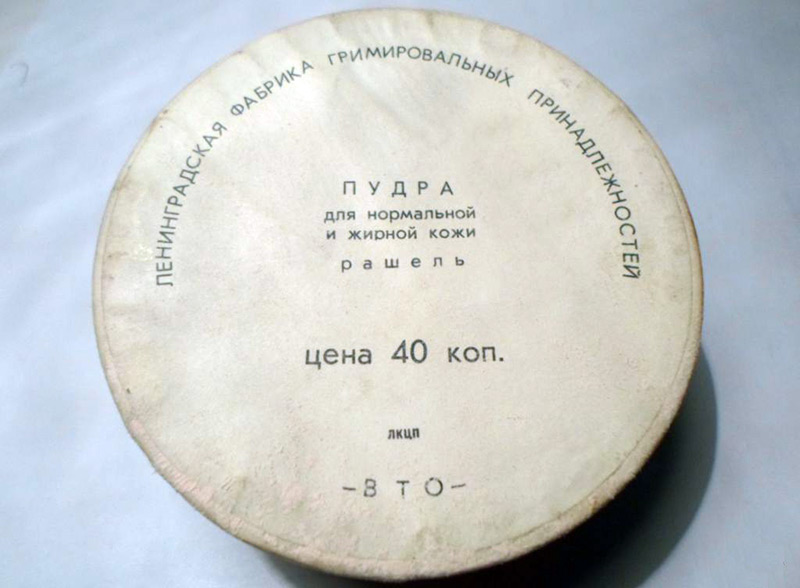
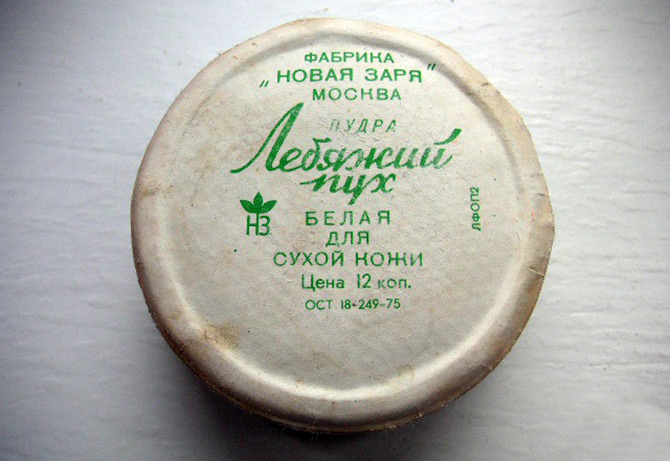
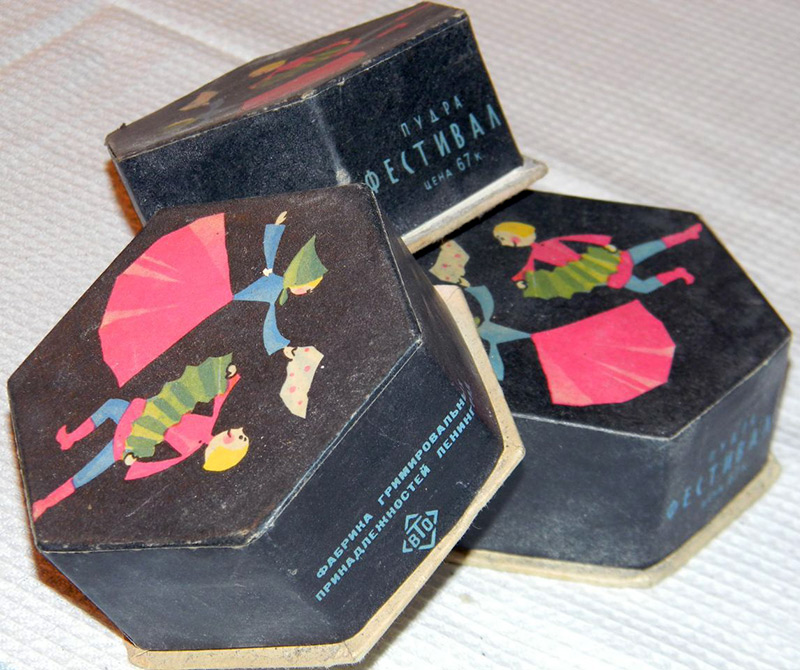
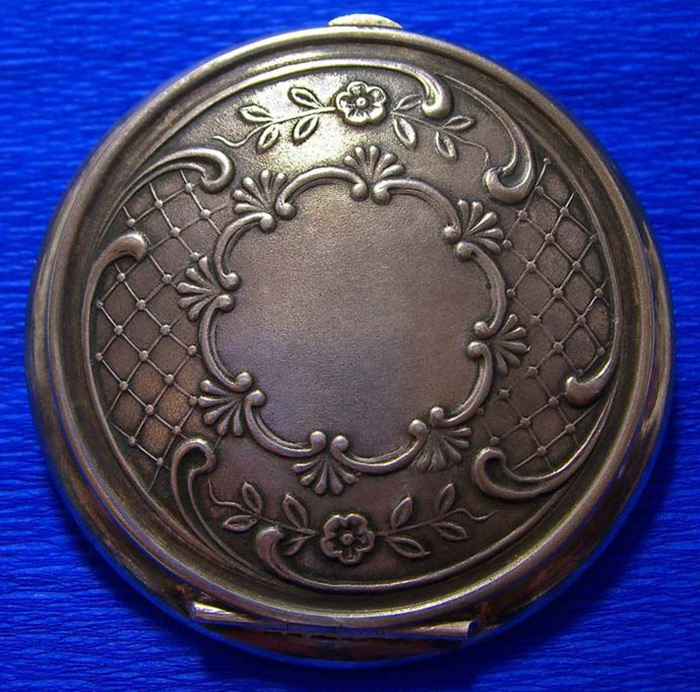
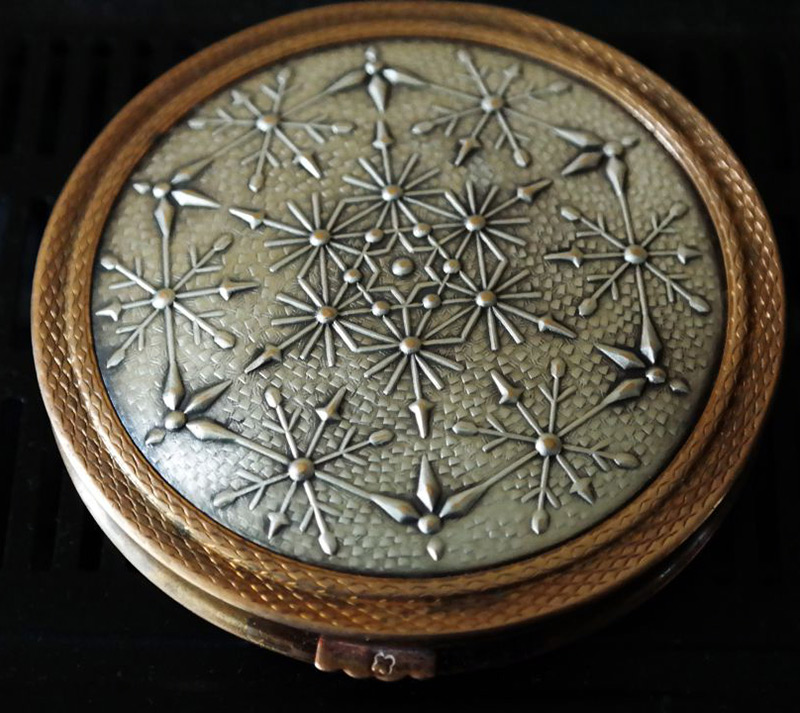
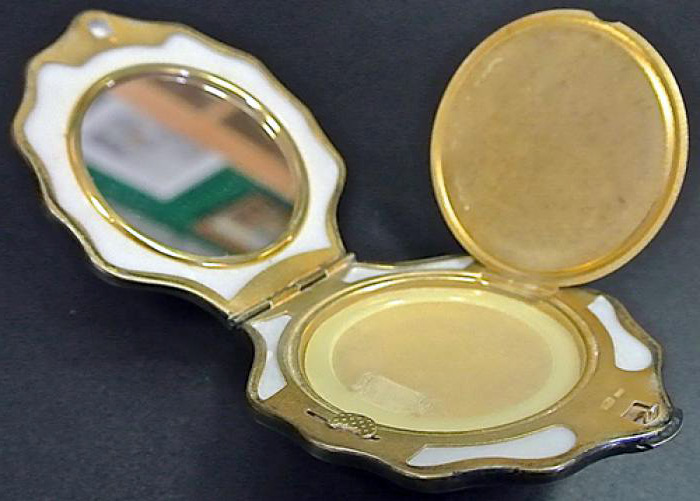
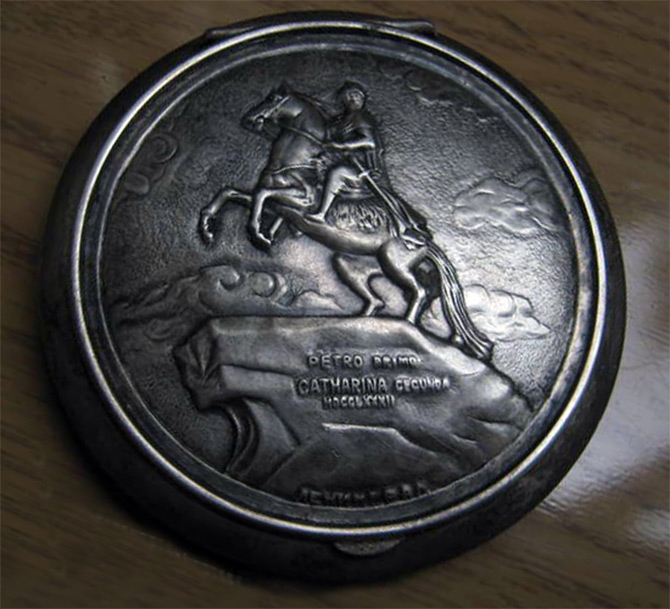
Comments and Reviews
Add a comment
Rating news
Shades of clothing that make women look younger
What shades of hair make women younger: rules and photos
Funny wedding dresses - photos and ideas
12 most expensive down jackets for the winter
How to look 25 at 40: tips from supermodels
Beautiful schoolgirls
Anti-aging haircuts and hairstyles for women
Fashionable skirts for autumn and winter
Fashionable women's trousers for the cold season
Fashionable and stylish sandals for summer 2024
Spring-summer 2024
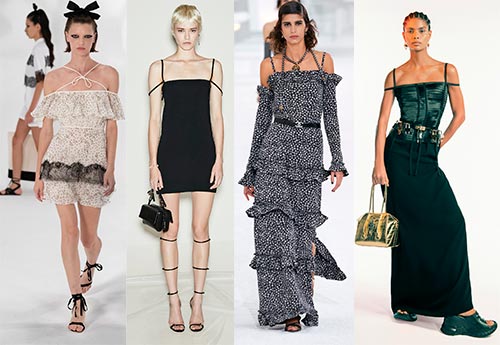 Fashionable dresses and tops with thin spaghetti straps
Fashionable dresses and tops with thin spaghetti straps
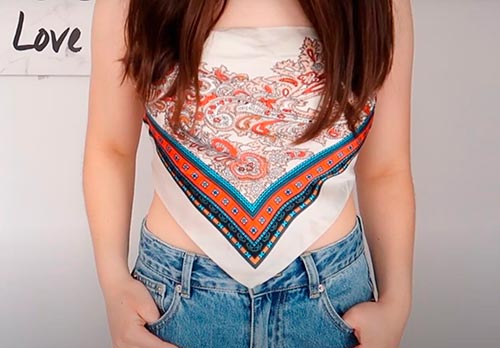 Bandana tops: how to wear stylishly and beautifully
Bandana tops: how to wear stylishly and beautifully
 How to put together the perfect men's wardrobe for the summer
How to put together the perfect men's wardrobe for the summer
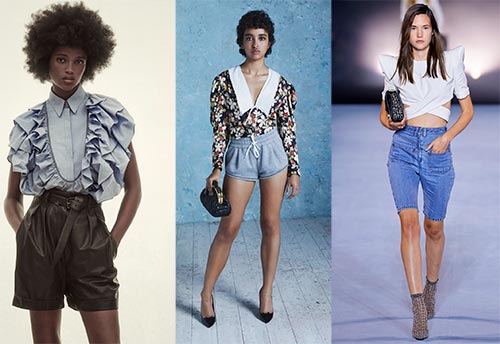 Fashionable shorts for spring-summer 2024
Fashionable shorts for spring-summer 2024
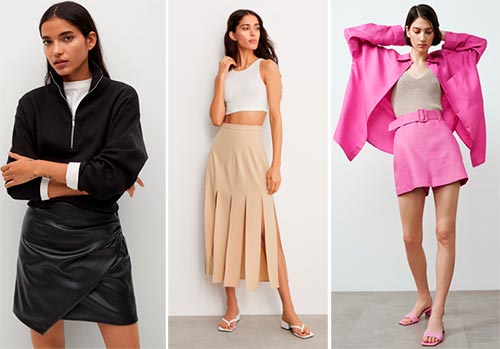 Fashionable skirts for spring-summer 2024: a guide to online shopping
Fashionable skirts for spring-summer 2024: a guide to online shopping
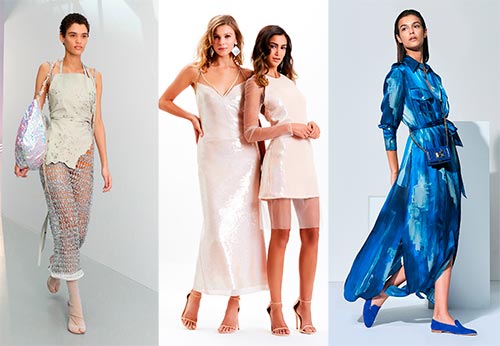 The most fashionable dresses spring-summer 2024: styles and colors
The most fashionable dresses spring-summer 2024: styles and colors
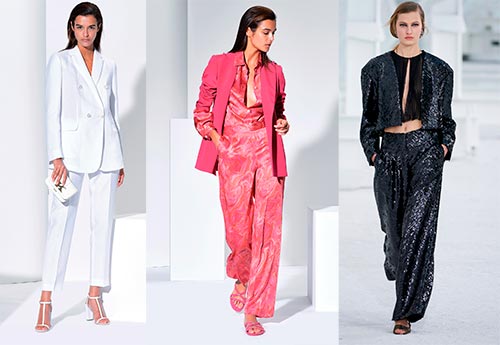 Fashionable total look 2024: ideas of images and trends
Fashionable total look 2024: ideas of images and trends
